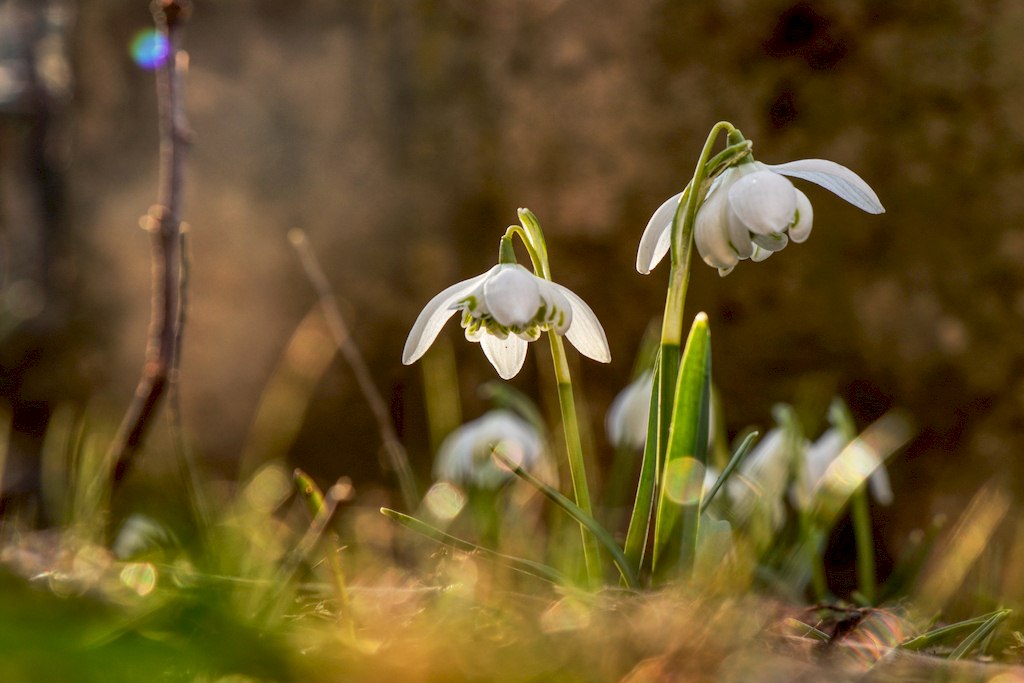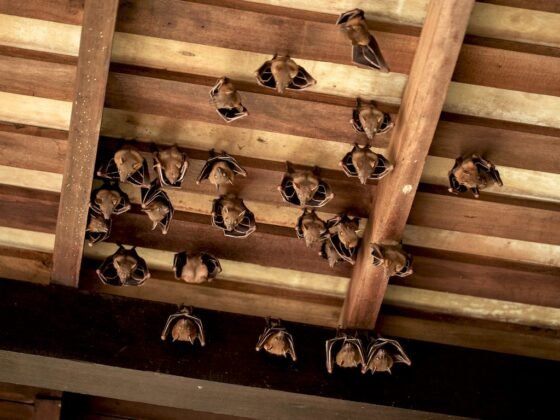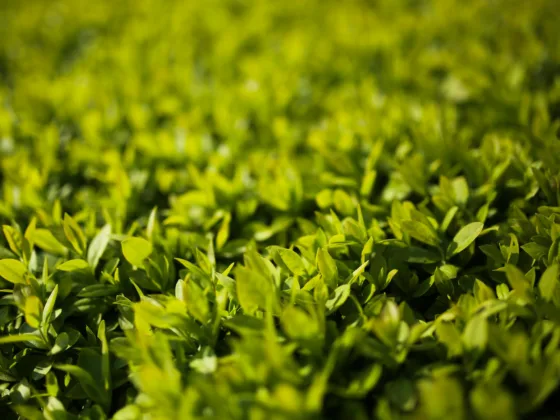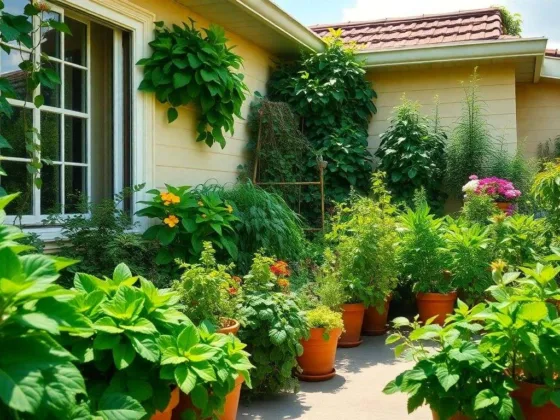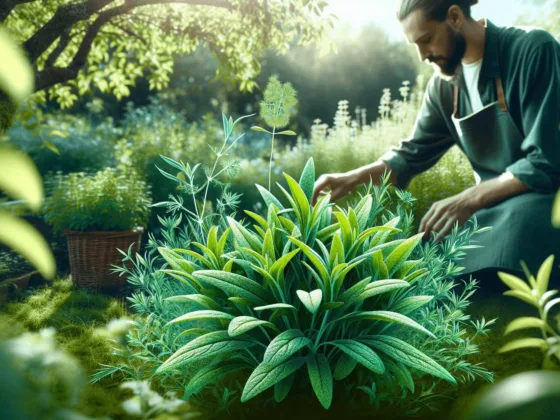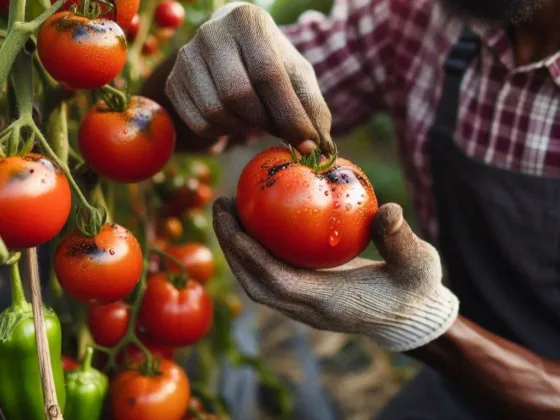Table of Contents Show
Did you know that there are a lot of benefits to having your own garden? Having a garden does not only make your house look good, but it also has a lot of good effects on your overall well being, such as the following:
- According to the Centers for Disease Control and Prevention (CDC), gardening for at least an hour burns the same amount of calories as when you walk for the same amount of time.
- Raking for at least 30 minutes lowers the risk of high blood pressure.
- Gardening is a great way for you to eat fresh fruits and vegetables that are needed to reduce the risk of developing chronic diseases. If you have kids, gardening is also a great way to encourage them to eat healthily.
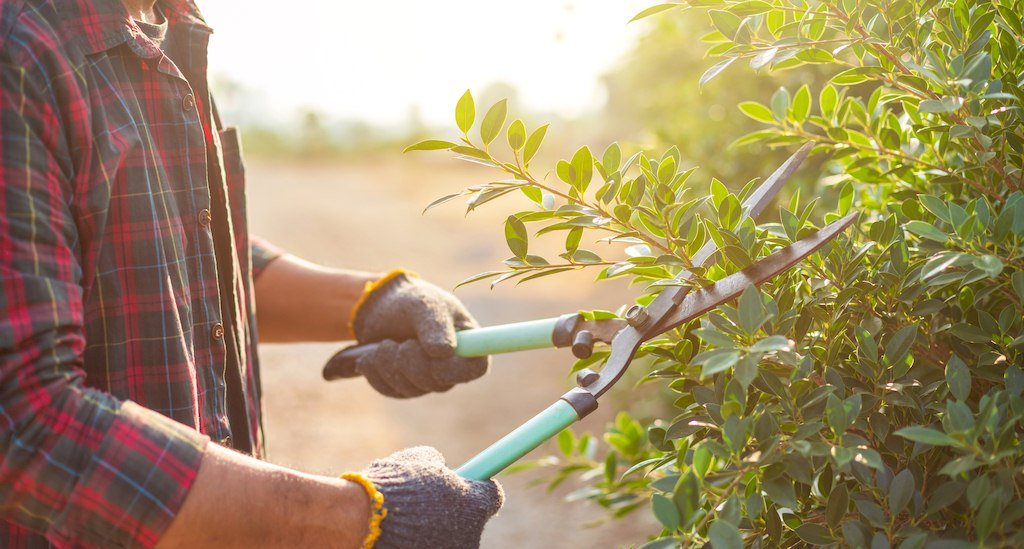
Although tending a garden is a fun activity and provides a string of health benefits, it takes a considerable amount of time and effort to maintain one.
In order to help you in this area, here are five tips to help you maintain the look of your garden:
Read Also:
Invest In the Right Tools
In gardening, it pays to have the right tools, such as a digging shovel, leaf rake, pruning saw, gardening gloves, and others.
There are many options to choose from, but here are a few that you should always have.
Weed Eater
The best cordless weed eater is essential for tackling weeds in your garden. This is if you don’t want to use harmful chemicals that might harm your garden.
Weed eaters are fast workers, helping you save time. As opposed to a weed trimmer, a weed eater is also lighter that even young children can use them. However, a string trimmer is much advantageous for overgrown hard to reach areas and is more versatile. Check out https://www.
Additionally, it produces almost no sound pollution as well, which means that you won’t have to worry about your neighbor complaining on an early Saturday morning because of you being too loud.
Garden Scissors
Probably one of the most overlooked yet overused tools in the garden. You use these for pruning and opening seed packets, among other things.
Water Hose Or Sprinkling System
Water is very important since plants need moisture to survive. It is best to have a good hose at hand, one that doesn’t leak so that no water is wasted.
Keep Your Soil Healthy
Good soil helps plants thrive because it contains nutrients that they need in order to survive. Healthy soil is home to organisms, like bacteria, amoebae, insect larvae, earthworms, which serve as food for the plants.
Regularly Prune Your Plants and Remove Dry Leaves
Regularly prune your plants, especially before the winter season. In cold weather, plants have a tendency to get infected with diseases that can spread to new plants.
Also, remove dead leaves and flowers to maintain the look of your garden. Not only are they an eyesore, but they also hinder the proper growth of your plants.
Did you know that diseases from dead leaves can attack healthy leaves? This is why it is important to remove them as soon as possible.
Always Keep Mulch in Stock
Mulch retains the moisture in the soil, which helps your plant grow healthily. This is helpful especially if your soil is dry and its fertility is poor.
Other benefits that mulch provides include protection from erosion, and it also repels ticks, gnats, and fleas. It is also very effective in preventing weed from growing, which can harm your plants and vegetables.
However, using too much mulch can actually have an opposite effect on your garden. When you over-mulch, this can result in the suffocation of your plants.
Because of the thickness of your mulch, water and oxygen cannot reach the roots. Unfortunately, an excess of which in the hot season is also harmful as they can bake your plants.
Remember to use them in moderation and consult others in order to determine the ideal amount of mulch for your garden space.
Don’t Overcrowd Your Plants
When your plants get overcrowded, they tend to be more prone to humidity, which is an open door for an onslaught of diseases that can eventually kill them.
Improve airflow between them by spreading them out so that they will not have to compete for light, water, and other nutrients.
One way to stop overcrowding is to prune dead branches and remove dead leaves so that your other plants can thrive.
Conclusion
Maintaining a garden is not easy as it requires a lot of attention and patience.
In order to be successful in this venture, don’t forget to invest in the right tools, keep your soil healthy, regularly prune your plants, remove dry leaves, stock up on mulch, and avoid overcrowding your plants.
